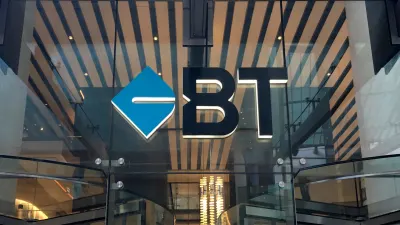New taskforce to tackle scammers
The Australasian Consumer Taskforce, comprising 18 agencies across Australia and New Zealand, has launched a four-week campaign to help consumers avoid losing money as a result of fraudulent schemes or scams.
The taskforce is being chaired by Australian Competition and Consumer Commission deputy chair Louise Sylvan and will concentrate mainly on formulating outreach strategies, prevention strategies and research.
The Australian Securities and Investments Commission (ASIC), a member of the taskforce, estimates thousands of Australians are affected by scams each year that cost consumers millions of dollars.
The key message of the taskforce is for consumers to simply not respond to scams.
“The best protection against scammers is to hit the delete key, hang up, or throw it in the bin,” ASIC executive director of consumer protection Greg Tanzer said.
“Scammers are becoming increasingly sophisticated in the way they target people. We need consumers to resist these approaches and refuse to respond,” he added.
The taskforce has also set up a scam watch website that provides consumers with more information about these types of fraudulent activities.
The online facility covers topics such as why scams succeed, dangerous myths about scams, and consumer protection agencies that can help. The website also has a four-step strategy for helping to defeat scammers that involves saying no or holding off, delving deeper into the scam, questioning aspects of the scam, and finally deciding what action to take.
The website also highlights the types of scams circulating within society such as pyramid schemes, investment scams, internet scams, medical scams, and self-employment scams.
The major scams identified by ASIC in the past 12 months were cold calling schemes, opportunities offering early access to superannuation, get rich quickly through share trading schemes, and phishing emails designed to obtain consumers’ bank account details.
Scams can usually be easily identified as most of them involve an unsolicited approach, represent a quick and easy way to make money, purport to contain minimal effort and risk, and sound too good to be true.
Recommended for you
Financial advisers are demonstrating growing interest in crypto ETFs, with momentum pushing assets in these products past $800 million.
AMP CEO Alexis George has said addressing Australians’ retirement concerns should be "front and centre for policymakers” after its research revealed only half of Australians are confident about their retirement.
LGT Crestone has announced a rebrand, marking a “decisive milestone” following its acquisition of Commonwealth Bank’s high-net-worth financial advisory business in June.
The launch of a low-cost menu for BT Panorama will allow advisers to service a wider range of clients from one platform and potentially run a more profitable business, according to specialist Recep Peker.













